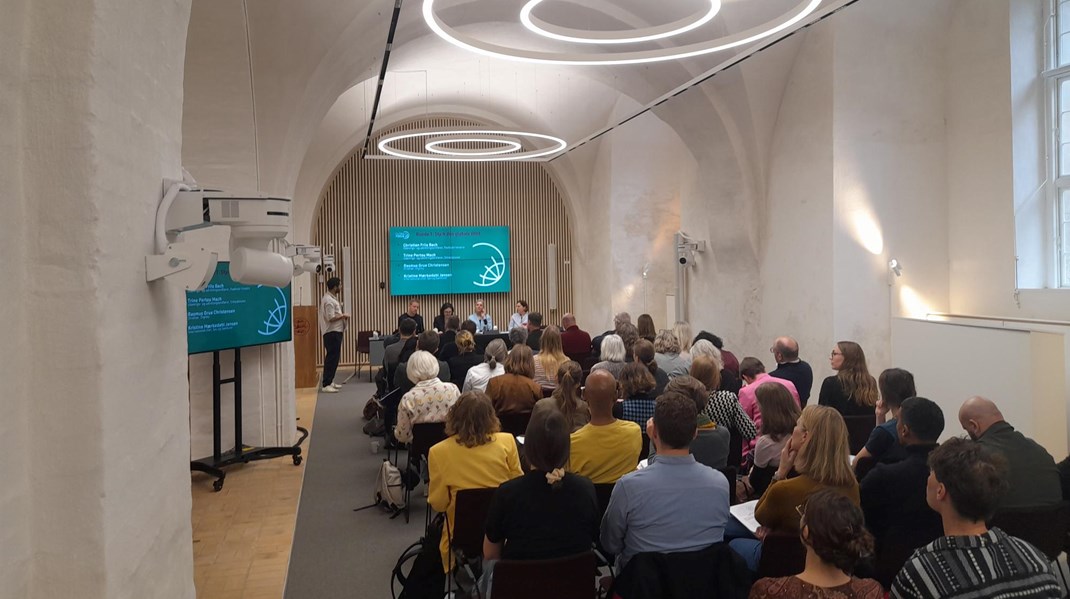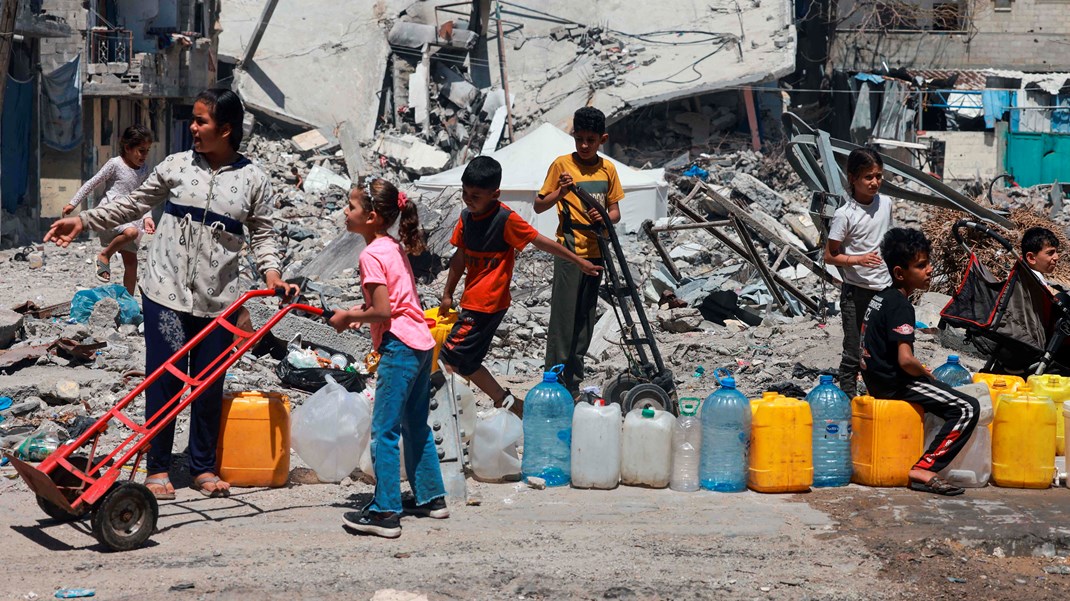FAO to support more than 500,000 people during dry season in northeastern Nigeria
For many smallholder farmers in northeastern Nigeria, food production typically halts or slows during the dry season ranging October to April. To spur cultivation during this critical period – ensuring food availability beyond the rainy season harvests and into the lean season – FAO is supporting an estimated 564 000 people with crop seed and fertilizer. FAO’s dry season intervention, which began on 17 November 2018 in Maiduguri, Borno State will offer another boost to agriculture-based livelihoods in Adamawa, Borno and Yobe.
Kit composition
FAO will deliver inputs in the form of three types of kits comprising a 25-kg bag of fertilizer and either cereal or vegetable seed. In Kit 1, farmers will receive a package of vegetable seed including amaranth (a green leafy vegetable), cabbage, carrot, onion and tomato. Kits 2 and 3 are comprised of high yielding varieties of rice and maize seed, respectively. FAO’s dry season intervention builds on the Organization’s 2018 rainy season programme which reached close to 800 000 farmers with similar inputs.
“The continuum between rainy and dry season farming is a unique opportunity to enhance the resilience of farmers and strengthen agricultural livelihoods”, said Nourou Macki Tall, FAO Deputy Representative in Nigeria and head of northeastern Nigeria operations. Tall also stressed that the end of the season is usually characterized by higher food prices, low food production and increased food insecurity. He also shared that dry season food production must be scaled up in Adamawa, Borno and Yobe states to ensure lasting food security among the most vulnerable smallholder producers.
FAO’s activities in the northeast
In 2018, and for the second consecutive year, FAO is supporting over 1.5 million people including internally displaced people, returnees and host communities in Adamawa, Borno and Yobe. The Organization’s emergency interventions are in the areas of crop production, livestock, aquaculture, agri-business, climate change adaptation, access to savings and loans, safe access to fuel and energy and agricultural extension services.
In November 2018, the Cadre Harmonisé – the main food security assessment tool in West Africa – indicated that a total of 1.7 million households currently face food insecurity in Adamawa, Borno and Yobe states (October–December 2018). When compared with the same period in 2017, the figure is about 850 000 people less – strong evidence of the effectiveness of humanitarian efforts in the region.
FAO has appealed for USD 31.5 million in 2018 in order to support agricultural households. About USD 18 million has been mobilized, including carryover funding from 2017.


